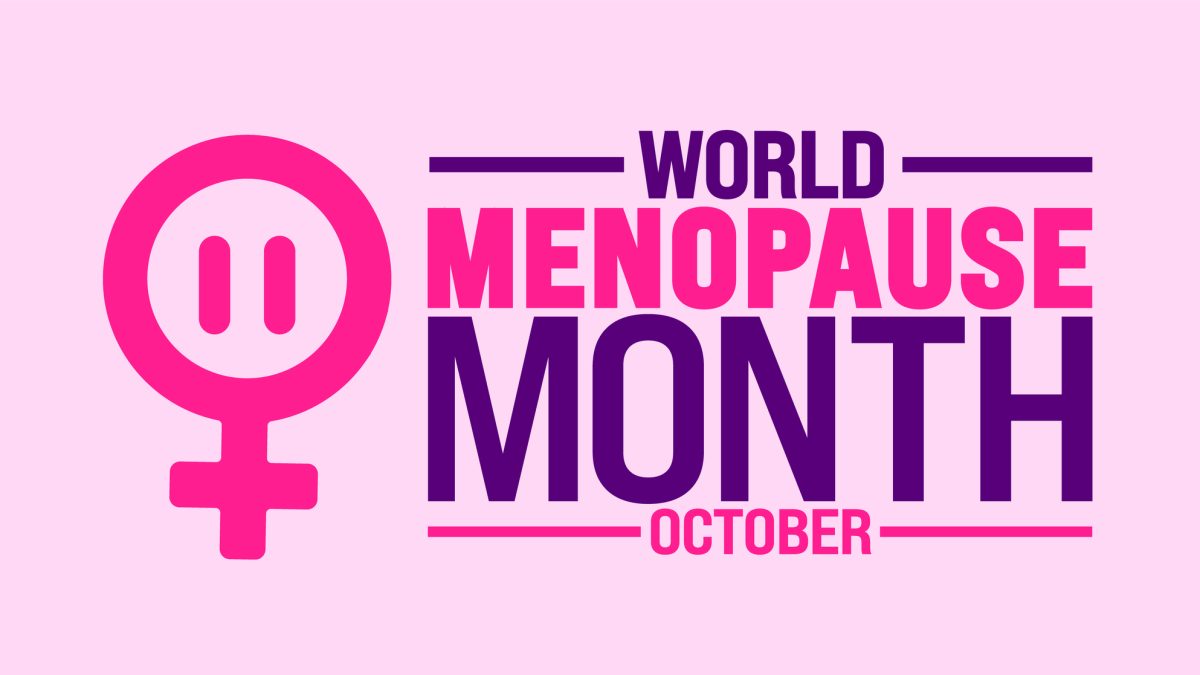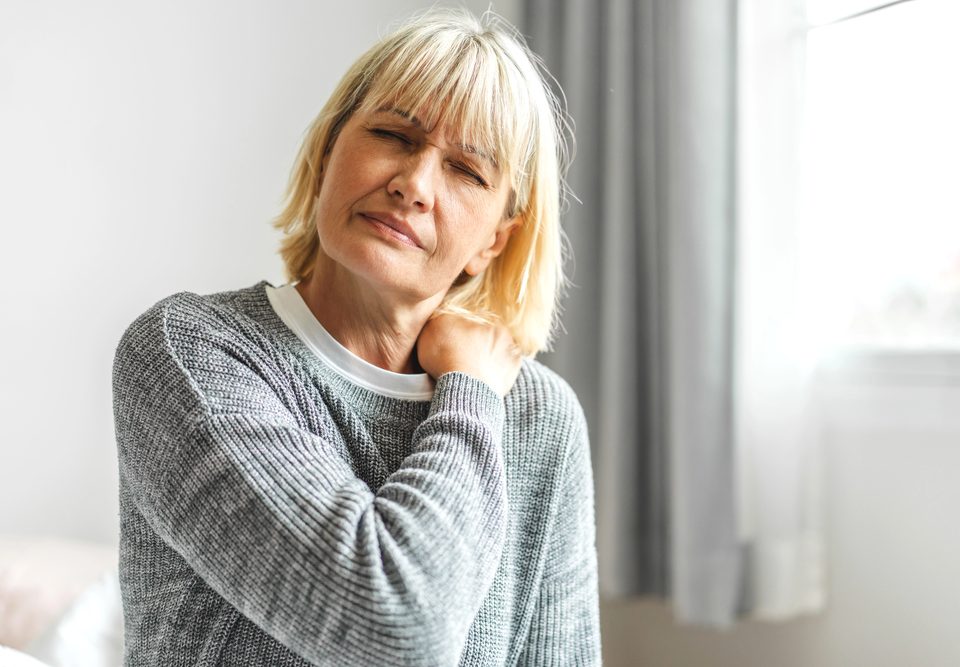
When the word “menopause” is mentioned, many people think immediately of hot flushes, it has almost become the immediate ‘summing up’ of the whole experience. Yet for the millions of women – and people who menstruate – who will go through menopause, the reality is much more complex. Menopause affects our bodies, minds, emotions, relationships, and sense of self.
This Menopause Awareness Month, we want to shine a light on the many symptoms that often go unseen or unspoken. By widening the conversation, we can help break down stigma and ensure no one feels alone in their journey.
Menopause is not a single moment in time but a transition that can span years. For some, the symptoms are mild and manageable, but for others they can be life-altering. What makes the experience even harder is that the range of symptoms is so broad – more than 30 are officially recognised – and yet only a handful are commonly discussed.
By focusing only on hot flushes and end of periods, we risk leaving people without the information and support they need to understand what’s happening to them. This can affect confidence at work, relationships at home, and overall wellbeing.
Beyond the Hot Flush
So, what are some of the other symptoms we need to raise awareness of? Here are three key areas that are often overlooked:
1. Cognitive Changes
Brain fog is one of the most reported and yet least talked about symptoms. Many people notice that they struggle to concentrate, forget simple things, or lose track of tasks more often. While this can feel alarming, it is a recognised effect of hormonal changes. Understanding that it’s part of menopause – and not a sign of something more serious – can be a relief. It also helps employers and colleagues to better support staff who may feel under pressure at work.
2. Emotional Wellbeing
Hormonal shifts can have a big impact on mood and mental health. Anxiety, low mood, and sudden changes in confidence are common. Some people even describe feeling like a different version of themselves. Because emotional health is less visible than physical symptoms, these struggles are often hidden. Open conversations can normalise these experiences and encourage people to seek the right kind of help – whether that’s through healthcare, peer support, or lifestyle changes.
3. Physical Symptoms Beyond Flushes
Menopause can affect the whole body. Joint stiffness, dry skin, weight changes, disrupted sleep, heart palpitations, and digestive issues are just a few examples. These symptoms may not always be linked to menopause in people’s minds, but raising awareness helps individuals to connect the dots and access the right treatment or advice at the right time.
Why Awareness Matters
When we recognise the full spectrum of menopause symptoms, we open the door to better support and compassion. Awareness matters because:
- It empowers individuals – knowledge helps people to understand their own experiences and make informed choices about treatment, lifestyle, or coping strategies.
- It supports workplaces – when employers understand the impact of symptoms like fatigue, brain fog, or anxiety, they are better equipped to make adjustments that help staff thrive.
- It breaks down stigma – talking openly makes menopause a normal, natural conversation rather than a taboo subject.
Creating Space for Conversation
At Menopaus’ull, our mission is to create safe, welcoming spaces where people can share their experiences, learn from experts, and know they are not alone. From our cafés and creative workshops to our walks and “Hot Seat” conversations, we see every day the difference it makes when people feel able to talk openly.
This Menopause Awareness Month, we encourage you to take part – whether by attending our Menopause Hull 2025 event, dropping into a café, or simply starting a conversation with a friend or colleague. The more we talk, the more we normalise.
Moving Forward Together
Menopause is a natural stage of life, but that doesn’t mean it should be endured in silence or with shame. By broadening our understanding beyond hot flushes, we can ensure that the full range of symptoms is recognised and that support is accessible to everyone who needs it.
If you’re going through menopause, remember: you are not alone, your symptoms are real, and support is available. And if you’re supporting someone else, simply listening and learning is one of the most powerful things you can do.
Together, we can change the narrative around menopause – making it something we talk about with honesty, empathy, and confidence.
👉 To find out more about our events, resources, and support across Hull and East Riding, visit www.mnetwork.org.uk or follow Menopaus’ull on social media Facebook



